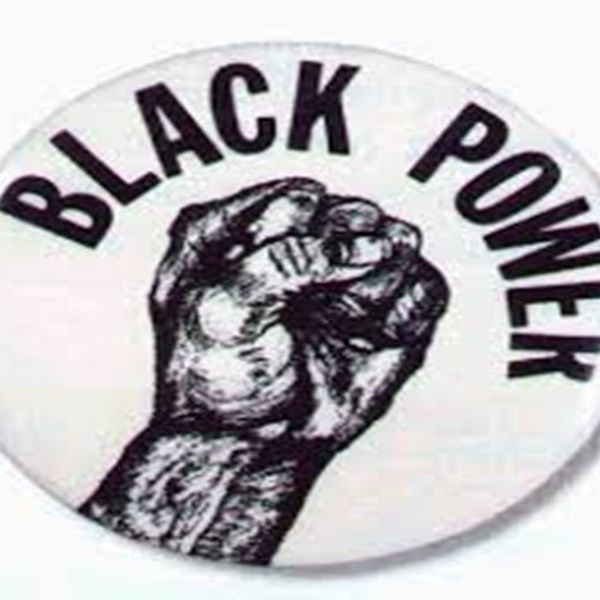Dear Dr. Ben Carson,
Earlier this week you expressed in an interview that you believe that Barack Obama is not African-American and cannot truly identify with the Black experience because he was “raised white,” saying that “for him to, you know, claim that, you know, he identifies with the experiences of Black Americans, I think, is a bit of a stretch.” You go on to claim that because Barack Obama was raised by a middle-class white woman he cannot identify with the Black experience since he did not come from the poverty-stricken, violence-laced background that you did in the streets of Detroit and Boston. Being poor is not what makes you Black. Once you became one of the most well-known and famous neurosurgeons in the world and started making lots of money, did you suddenly no longer identify with the Black experience?
To question Barack Obama's background seems to be an interesting mudslinging tactic on your part when it has often been your background that has been in question throughout this presidential campaign. Claiming to have tried to stab friends of yours and attack your own mother with a hammer have been things that have been seen by critics as "exaggerated," but, if these stories are true then are you saying that your violent attitude growing up is also what made you Black? In this country, we should be working to deconstruct the stereotype that Black men are dangerous, violent, and angry. Young Black boys are growing up in a society where they are being showed day in and day out that this is how they are supposed to behave. This is how people who don't identify with the Black experience perceive Black men because that is how the media portrays them. Violence does not have to be a part of the development of Black masculinity in the United States in the ways that you are putting across. For you to revert your thoughts to an ideology created by the white supremacist patriarchy that has been in the minds of Americans for decades is quite troubling.
Another troubling aspect of all of this is that as a public figure who has overcome much adversity and defeated the systems that oppress Black men and women, you have brought yourself into a position to be a role model to younger generations. When I saw "Gifted Hands," I can remember thinking to myself "If he can overcome all of these things and become a successful man, then so can I." But to see these sorts of things be said makes me question your credibility when it comes to being a role model. Another troubling aspect of your remarks is that you are perpetuating this idea that thousands of Americans already have "prescribed Blackness" which is simply not true. There is this idea that you have to walk, talk, and act a certain way or come from a certain background to be Black. Your argument here also adds another dimension to the "light-skin versus dark-skin" conflict that already exists among people of color.
I, like Barack Obama, was born to a white mother from Gardiner, ME and a Black father from outside of Detroit, MI. I was born and raised in Maine, one of the whitest states in the United States, and went to a school where I was the only student of color. Needless to say, I always knew that I was Black. I may have been raised in a white environment, but I was not "raised white." My mother helped me to understand what life would be like for me as an African-American. I was never treated like I was white in school, I was always "the Black Kid." I had negative racial interactions with folks regularly just like every other Black person in America, yet I still heard things like "You're not actually Black" or "You don't act Black" on a regular basis from people that I went to school with because I did not fit the stereotypes that the white-dominated media had told them to be truth. I did not act the way that Hollywood portrays Black men in America. I did not wear baggy clothes, I was not violent, and I did not speak Ebonics; therefore, I must not be Black, right?
To say that you would be the first real African-American president is disrespectful to biracial people or those who come from more affluent backgrounds' experiences because if they were not raised the way that you were, then they cannot identify with the African-American experience. You are not the only representation of Blackness in America. This is why statements like "I love my Blackness and yours" are so important. My Blackness is not your Blackness and your Blackness is not my Blackness, but I can still love and respect your Blackness and how you have come to identify with it. There is no step-by-step program that leads to achieving Blackness. There is no set of experiences that one must go through to achieve Blackness. This is not Pokemon; there are no badges. We all have our different experiences that have led to us understanding what it means to be Black in America or on this planet. We need to eliminate this idea of "prescribed Blackness" because it is a false ideology. In conclusion, my advice to you, Dr.Carson, comes from the character Dap from Spike Lee's "School Daze":
Wake up!





















